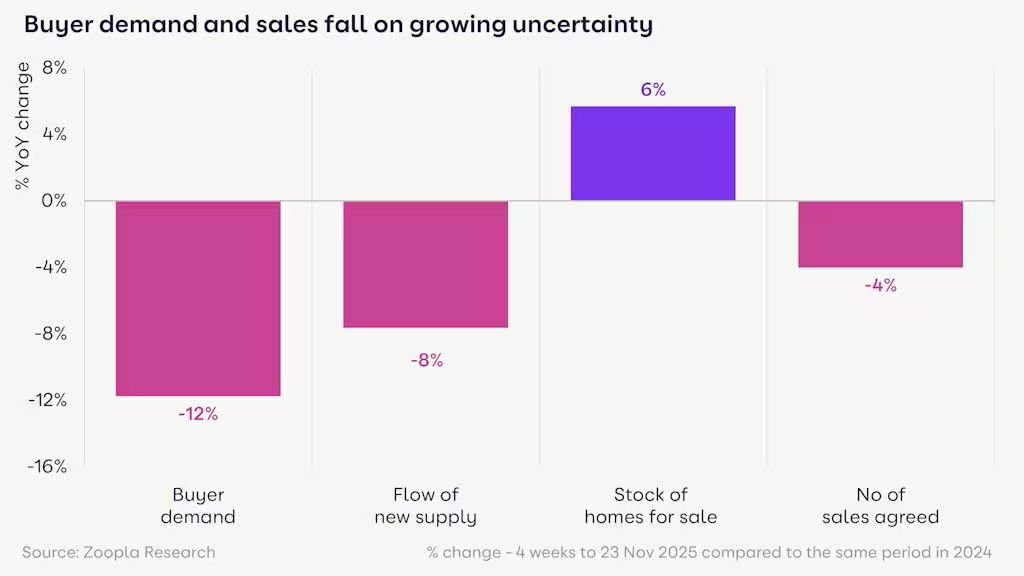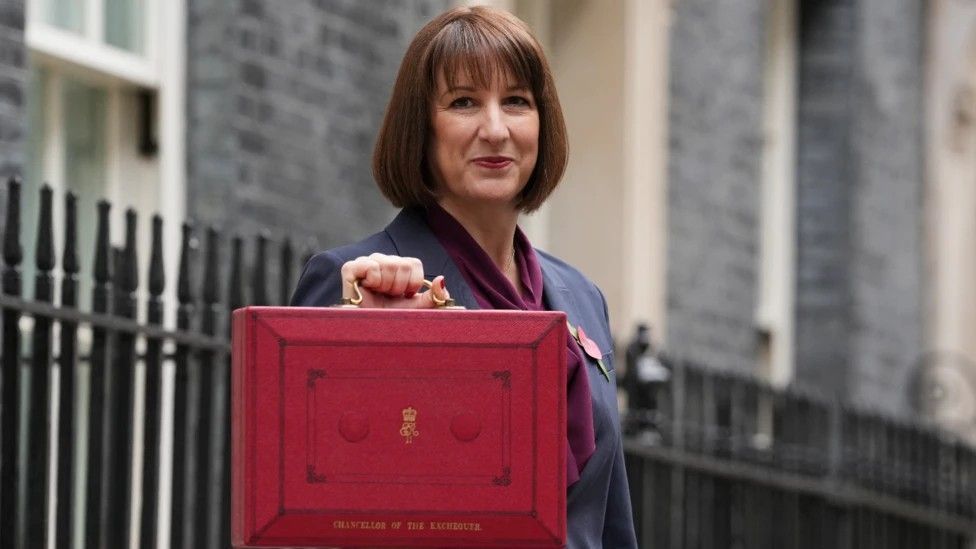A guide to mortgage payment holidays and how to apply
Caz Blake-Symes • May 7, 2020
Let Bristol, Bath and Exeter Mortgages Online assist you.

With some mortgages you can apply for a ‘mortgage payment holiday’ if money is tight. In this blog, find out how mortgage payment holidays work, the circumstances in which you might be granted one and the pros and cons of getting one.
The mortgage payment holiday will provide flexibility in repaying your mortgage by allowing you to stop or reduce your monthly payments for up to three months. This could provide much needed help if you need it, but it won’t be suitable for everyone and it won’t be free money.
What is a mortgage payment holiday?
This article explains the normal rules about mortgage payment holidays and will apply if you are applying for one for another reason than coronavirus. A mortgage payment holiday is an agreement you might be able to make with your lender allowing you temporarily to stop or reduce your monthly mortgage repayments. For example, depending on your circumstances and previous payment history, you might be able to take a break for usually up to six months: Not all mortgages offer the option of a mortgage payment holiday – it depends on the product’s terms and conditions.
Eligibility for a mortgage payment holiday
Whether you are eligible to take a payment holiday, for how long, and the conditions you must meet first will depend on:
- Your lender
- The mortgage contract, and
- Your financial circumstances
Often, in order to qualify for a payment holiday, you’ll need to have previously overpaid on your mortgage. That means paying more than your agreed monthly payments until you have built up sufficient credit to take a break from payments.
However, your lender might also allow you to reduce or suspend mortgage payments if you are temporarily struggling to meet the monthly cost due to a change of circumstance, such as redundancy or going on maternity leave. If you’re in mortgage arrears you won’t be eligible for a mortgage payment holiday. But don’t let that stop you contacting your lender. They will be keen to help you come to an arrangement.
Pros of a mortgage holiday
The biggest positive about a payment holiday is that it relieves some pressure for a while. For a period of time, you have one less thing to worry about when considering your outgoings. If you are only facing a temporary drop in income, perhaps because you or your partner are having a baby and the mortgage holiday is to cover the maternity leave period, this can be a sensible move.
Cons of a mortgage holiday
There are several important things to bear in mind:
- While you are not making mortgage payments, you’re still racking up interest on your remaining mortgage balance.
- When the payment holiday comes to an end, your outstanding mortgage balance and mortgage payments will be higher than they were before the holiday.
- Even if your lender agrees to this temporary solution, your credit file will be affected. This in turn could affect your ability to get credit in the future.
While a mortgage holiday can be a useful short-term solution, it is not suitable if you can’t afford your mortgage payments because your household income has reduced permanently.
How to apply for a mortgage holiday
Check with your lender and have a look at your mortgage terms and conditions to see if you’re eligible for a mortgage holiday and if they are allowed under your mortgage agreement.
The criteria will vary from lender to lender:
- The length of your payment holiday depends on the lender. Some will allow you take up to 12 consecutive months off from paying the mortgage, while others will permit only up to six months over the life time of the mortgage.
- Typically, you will often have needed to have made payments on time for a minimum period before you’re eligible to take a mortgage holiday.
- Your ability to take a mortgage holiday also depends on the size of your mortgage and the value of your home. Some lenders will only allow a mortgage holiday if the loan-to-value of your mortgage is lower than 80%.
Cancelling direct debits
Cancelling your direct debit is not a payment holiday and will be counted as a missed payment if it has not been agreed with your lender. You should not cancel your direct debit without speaking to them first. A missed payment could show up in your credit file and may impact your ability to remortgage.
Applying for a mortgage payment holiday.
Contact your lender and tell them you are experiencing payment difficulties due to coronavirus. There will be a fast track approval process in place and you won’t need to provide evidence or have an affordability test. So, you should get a quick decision.
Any unpaid interest will probably still need to be paid back but you won’t have to worry about any additional fees or charges. Individual credit ratings should not be affected but if you are worried you should speak with your lender.
What your lender will discuss with you
Your lender will discuss any sums covered by a payment holiday, increases in your monthly repayments and any increase in the total amount payable under your mortgage contract once the payment holiday has ended. They may discuss alternative ways of how you can repay if this is more suitable, but the main options your lender may consider are outlined below:
Spreading your deferred payments over the outstanding term of your mortgage
This means you will see an increase in your monthly mortgage repayments once your mortgage payment holiday period is over. The shorter the term left on your mortgage, the larger the increase in your monthly payments, once the mortgage payment holiday is over. You should consider the impact the higher mortgage repayments will have on your future monthly financial commitments.
Increasing the length of your mortgage term
Extending the length of your mortgage means you might see a smaller increase in your monthly repayments. But you will be paying your mortgage back over a longer period which means you will be paying more in interest over the term of your mortgage.
Making interest or capital only payments
Just making interest only or capital only repayments during your mortgage holiday might be an option for some people. This will reduce any increases in your monthly repayments compared to some other options once your mortgage holiday period is over, but you will still need to pay back any shortfall in your normal monthly payments.
Information your lender should provide for you
Your lender should explain the impact of any option on your monthly payments or the term of your mortgage. They should also discuss options for you to choose an alternative means of repaying the amount if this is more suitable.
Any information should be provided in good time and make clear that you could be paying more over the lifetime of the mortgage, compared to an alternative repayment means, such as using a lump sum.
You should also always ask your lender or mortgage adviser to explain what this will mean for you and whether there are other options which may be available to you.
If you are already behind with mortgage payments
Being currently behind with your mortgage payments does not exclude you from applying for a mortgage payment holiday if this is appropriate for your circumstances. If you’re worried about repossession you should not be at risk of losing your home during this period as mortgage repossession proceedings have been temporarily suspended but do speak with your lender.
For further details about mortgage payment holidays or any other information book your FREE CONSULTATION with one of our expert Mortgage Advisers please contact us
Bristol Mortgages Online www.bristolmortgagesonline.com
Tel 0117 325 1511
Bath Mortgages Online www.bathmortgagesonline.com
Tel 01225 584 888
Exeter Mortgages Online www.exetermortgagesonline.com
Tel 01392 690 888
Email info@swmortgages.com
#bristolmortgagebroker #mortgageadvice #independentbroker #lifeinsurance #mortgagebroker#offsetmortgage #bathmortgagebroker #mortgageprotection, #lowinterestmortgage #incomeprotection #expertmortgageadvice #freeconsultation #remortgage #criticalillnesscover #greatbuytoletdeals #fivestarservice #highlyrecommended #topmortgagebroker #movinghouse #remortgage #mortgage #mortgage advisor #firsttimebuyer #mortgagepaymentholiday #coronaviruspaymentholiday

This month’s edition is packed full of informative articles, including
• Welcome and overview from Phil Clark
• Base rate cut to 3.75%: what could it mean for mortgages?
• Interest-Only Mortgages For Later Life.
• Need Short-Term Property Finance?
• What You Should Know About Second Charge Mortgages
• Time to Remortgag

Image courtesy of Freepix
Happy New Year!
Hope you all had a good Christmas Break and avoided the dreaded coughs and colds.
I had the opportunity over the holiday to review many of the various property and finance reports available online, as well as those to which I subscribe.
Pleasingly, the general tone is very opti

With the Budget uncertainty now lifted, buyers and sellers can return to making decisions about their next move. Removing the threat of a new annual property tax from 210,000 homes for sale will help revive market activity in higher-value areas. However, the lack of any stamp duty reform means homebuyers will continue

Please click here to see our November newsletter This month’s edition is packed full of interesting articles, including What does the Budget mean for you? Interest-Only Mortgages For Later Life. Need Short-Term Property Finance? What is the Renters’ Rights Act, and what does it mean for tenants? What You Should Know About Second Charge Mortgages Time to Remortgage? Stunning 5-star Google Reviews! Let Us Help You If You Have Adverse Credit How to Contact Us You can also read more articles on our Blog. We hope you enjoy this Newsletter. If you have any queries, please call Phil Clark on 0117 325 1511 or email info@swmortgages.com

We are thrilled to be able to offer this fantastic product through the Family Building Society.
This interest-only mortgage gives those of retirement age and beyond the opportunity to free up equity from their home, without the huge costs often faced when considering Equity Release or a Lifetime Mortgage.

Thinking about buying a new property before selling your current one? Or maybe you need quick funds to complete a renovation or secure an investment opportunity? You’re not alone. With today’s fast-moving property market, many homeowners and investors are turning to bridging loans to bridge the gap.





